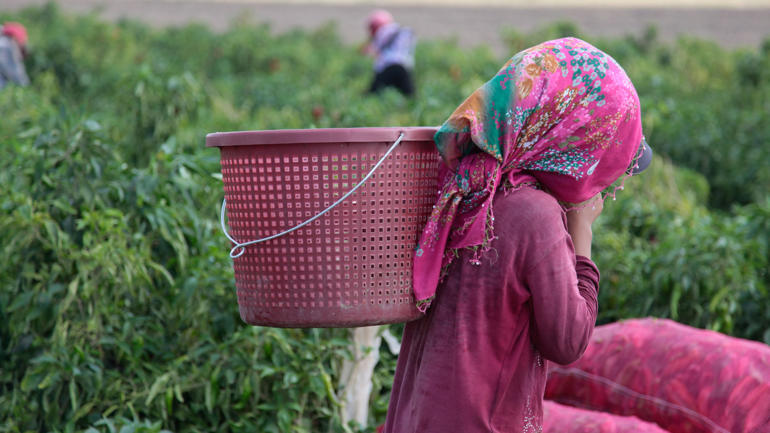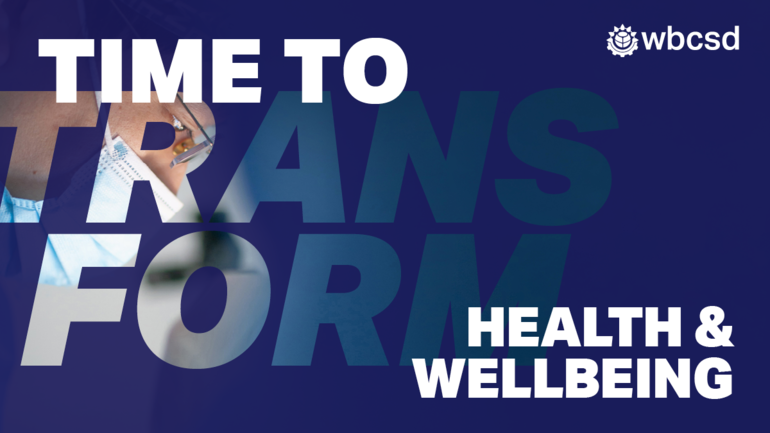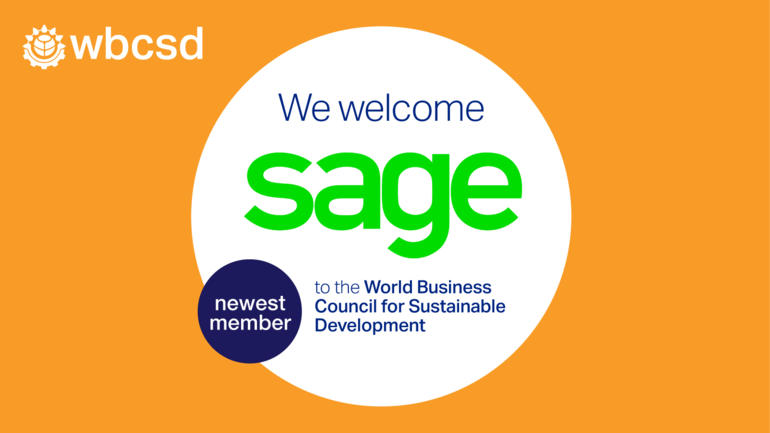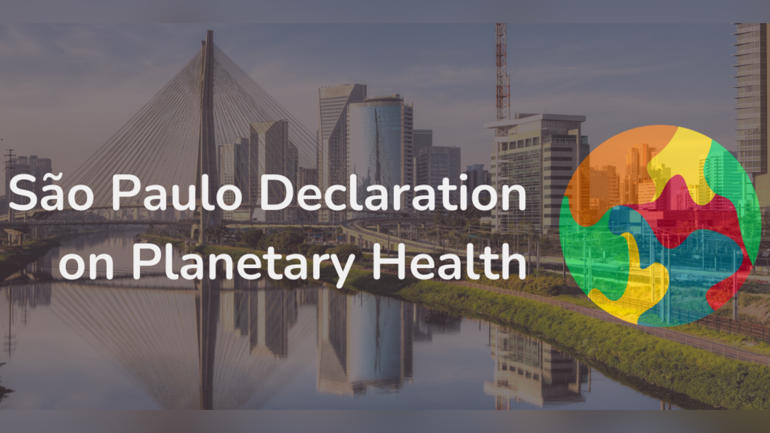Geneva, 20 March 2017: Why and how are companies developing and integrating business solutions with social impact into their core business? What are the successes and failures of early movers? What are some of the strategic considerations to keep in mind? These are the key questions addressed in License to Innovate: Breakthrough Strategies for Social Impact, a report produced by WBCSD and Deloitte in the first half of last year.
The report has now been translated into Spanish in partnership with the Multilateral Investment Fund of the Inter-American Development Bank. Its aim is to support Latin American and Spanish companies in actively pursuing social innovation as a means to achieve greater long term sustainability, financial growth, and social impact.
The report introduces the business case around why companies are pursuing strategies for growth through social impact, as well as five strategies for how they are working towards this ambitious goal:
- Invest in external solutions: Invest to advance external solutions already demonstrating profitability and impact
- Engage a network: Engage in networked problem solving to identify and test possible solutions to scale
- Accelerate externally: Secure external services to accelerate the solution development
- Sandbox solutions: Advance internally developed solutions into a viable proof of concept through a shared proving ground
- Innovate in-house: Advance a pipeline of solutions fully in-house
Unsurprisingly, crafting offerings that deliver a new kind of value, in some cases to a new segment of consumers, is not without its challenges. The report provides an honest look at both the advantages and disadvantages of each strategy, as well as considerations that companies should weigh in determining their overall readiness for taking action.
Developed well, these new business solutions will enable companies to better manage their risks, anticipate consumers’ demand, build positions in growth markets, secure access to needed resources, and strengthen their supply chains.
The report was produced by the WBCSD’s Social Impact Cluster and Deloitte's Social Impact practice with inputs from BASF, CEMEX, Citi, DIVA, DSM, Firmenich, The Multilateral Investment Fund of the Inter-American Development Bank, Masisa, Novartis, Novozymes, Pearson, PepsiCo, Philips, Santander Group, Schneider Electric, The Toilet Board Coalition, and Tata.
More information:
- License to Innovate: Breakthrough Strategies for Social Impact – the report is available in English, Spanish, and Japanese
- Blog article by Peter Bakker, President and CEO, WBCSD on the social innovation agenda
- WBCSD contact point: Filippo Veglio, Managing Director, Social Capital








